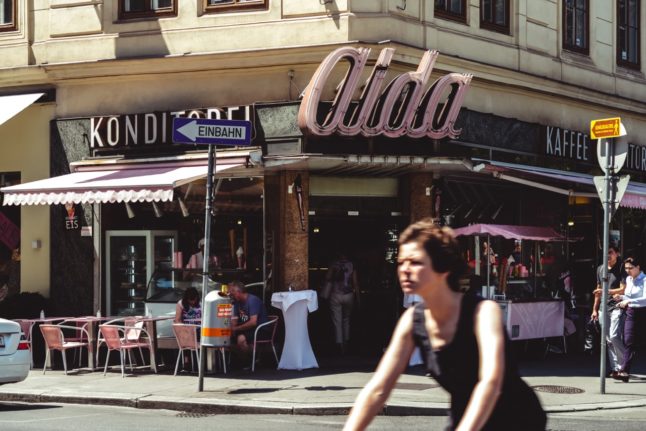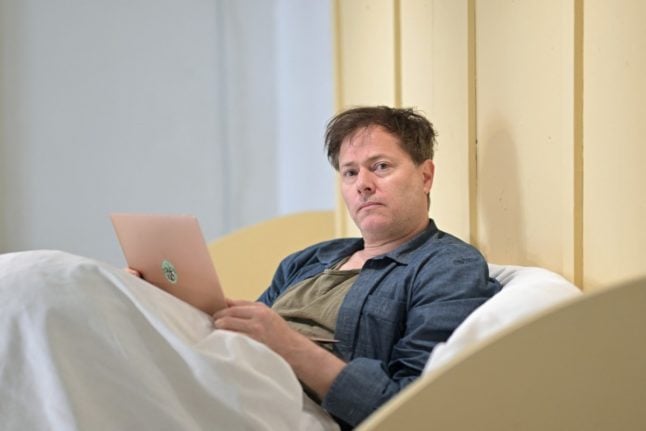One of the main challenges for foreigners living in Austria is linguistic, not only because the country’s official language is German – a not-so-easy language to master – but particularly because the Deutsch can be quite different depending on where you are and who you are talking to.
Most German schools teach Hoch Deutsch, a standard form of German, and base their lessons on Germany’s German – which can be quite different from Austria (so it’s not simply tomatoes-tomatoes here, it’s more Tomaten–Paradeiser). Besides that, each region of Austria still has its own dialect, some of which can seem incomprehensible even to native German speakers.
Austria’s capital may be its most multicultural and international city, but foreigners will still struggle with some very typical Viennese expressions and idioms.
READ ALSO: 11 Austrian life hacks that will make you feel like a local
If you want to understand what the Oma next door is saying or what your teenage kid learnt in school, here are a few of the most famous and often used expressions in Viennese – and what they mean.
Oida
Oida has been the subject of many stories and viral videos, and it’s definitely a staple in Vienna. It’s a word that comes from the Yiddish “Alter” and means “friend” or “buddy”. But it’s also much more than that. People use it as a “catch-all” word to express anything from surprise to sadness and anger.
Hawara
Hawara is also an informal term for friend or buddy.
Schmäh
Schmäh comes from Middle High German and can mean something like a “joke” or “fun”. It is also proudly used by the Viennese when they want to describe their sense of humour, the Viennese Schmäh, a sort of dry and sarcastic (and extremely clever) sense of humour.
Baba
Baba is an informal way of saying goodbye – it can be paired up with Tschüss to form the friendly “Tschüss, Baba!”.
Once we get to the territory of idioms, things get a bit more tricky and look less and less like German. When you read the sentences below (and anything written in dialect, really), the tip is to say them out loud exactly as they are written. You can try to “force” a bit of the Austrian accent in them to see exactly what things mean.
For example, our first idiom is “Des is ma wuascht”, which, in proper German, would be written “das ist mir Würst“. If you read the first sentence out loud, though, it makes it easier to understand the words.
READ ALSO: The ‘easiest’ entry jobs to get in Austria if you don’t speak German
Des is ma wuascht
It literally means “This is sausage to me”, and Austrians use it to say “I don’t care” in a chill and unconcerned way.
Schau ma mal
This is an informal way of saying “let’s wait and see what happens”, or it can be used in the sense of “let’s check it out”. If you invite an Austrian to an event and receive this reply, you may as well assume that they are not coming.
Des is koane Wissenschaft
This is also an example of Viennese humour, which is very sarcastic. It literally means “this is not science” (similar to “this is not rocket science” expression in English), and it is used to say that something is simple or straightforward.



 Please whitelist us to continue reading.
Please whitelist us to continue reading.
Member comments